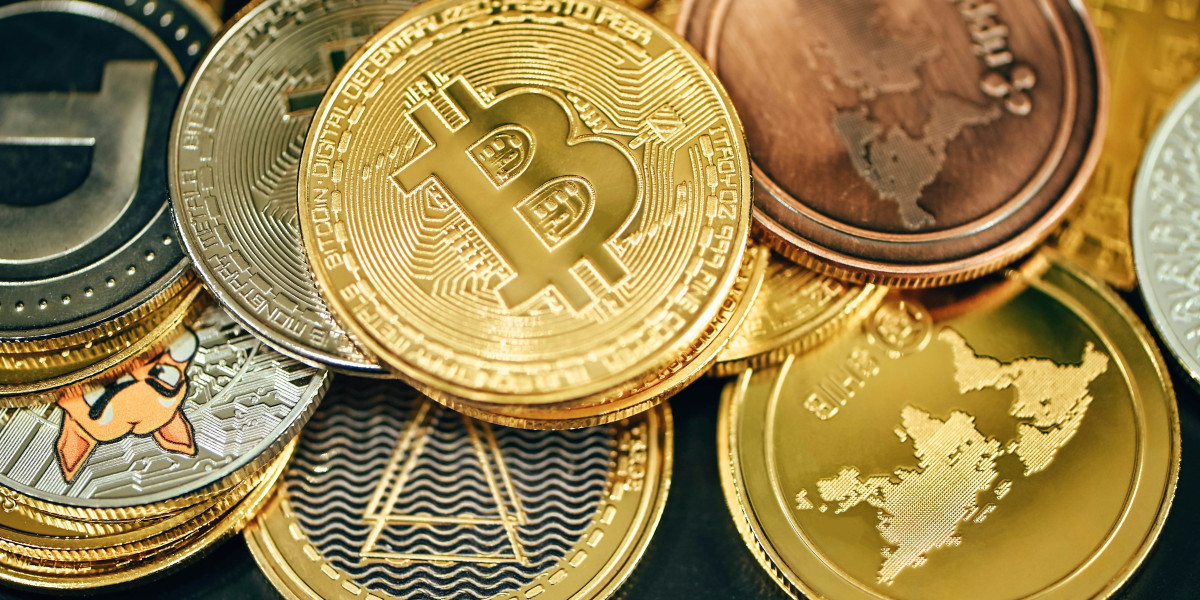A few years ago, most people didn’t give Bitcoin much thought. Maybe they heard something on the news or scrolled past a post about it. Now it’s a different story. Whether it’s the Bitcoin price flashing on your screen or a friend bringing it up in conversation, Bitcoin has found its way into more everyday talk.
But this isn’t just buzz. People are starting to make real decisions based on what Bitcoin makes possible. From how they save to how they send money, things are shifting. Here are five ways it’s showing up in the choices people make with their finances.
1. Rethinking What “Saving” Means
In places where inflation is out of control or banks aren’t reliable, savings can lose value fast. Some people have always found ways around it. They might hold foreign cash, buy gold, or just hide bills under the floorboards. Lately, some are turning to Bitcoin.
It’s not because they expect a guaranteed return. Many just want something that feels safer than their country’s currency. For them, holding even a little Bitcoin means having an option that isn’t tied to their local economy.
Even in wealthier countries, a few people are diversifying with Bitcoin as a kind of modern backup plan. They’re not betting the farm, but they’re thinking ahead.
2. Sending Money Without the Wait
Sending money across borders can be slow and expensive. If you’ve ever done it, you know the pain. Fees take a chunk out, and your family might have to wait days just to collect it.
Bitcoin offers an alternative. With the right tools, you can send money almost instantly. There are no middlemen, and it doesn’t matter what time of day it is. For migrant workers or people supporting loved ones in other countries, that kind of speed makes a big difference.
Some families rely on these transfers to cover basic needs. So even shaving off a few dollars in fees adds up over time. Bitcoin might not replace every remittance service, but in the right situation, it’s a strong option.
3. Learning by Doing
Most of us weren’t taught how money works. We just use it and hope for the best. Bitcoin changes that a bit. You can’t really use it without learning a few things, how wallets work, how to stay safe, what it means when prices move.
That hands-on learning tends to spark curiosity. Once people dig into Bitcoin, they often start asking bigger questions. Why do banks charge so much? What is inflation, exactly? Should I be doing more to manage my money?
It’s not just about Bitcoin anymore. It’s about feeling empowered to understand what’s going on behind the scenes. Some people start budgeting better, others start investing for the first time. All because they took the time to learn how to send a few dollars in crypto.
4. Finding Freedom in Tough Situations
In some places, the financial system just doesn’t work well. Banks limit how much you can take out. Governments freeze accounts. Inflation makes money worth less each week. For people dealing with that, Bitcoin offers a kind of freedom.
It’s not about avoiding rules. It’s about having another option when the usual ones break down. Bitcoin isn’t controlled by any one country or company. That makes it useful in emergencies.
Even if it’s only used during a crisis, it provides breathing room. That sense of control, even a small one, can be the difference between financial chaos and having a path forward.
5. Trying New Ways to Earn and Spend
A few years ago, getting paid in Bitcoin seemed like a joke. Not anymore. Now, freelancers, artists, and remote workers are accepting Bitcoin for their work. They’re doing it because it’s fast, it doesn’t require a traditional bank, and in some cases, it just makes sense.
People are also spending it. Maybe not at every store, but they’re using it in ways that matter to them. Tipping a creator online. Donating to a cause. Splitting a bill. In some communities, groups are even using shared wallets to fund local projects.
This opens the door to more flexible economies, it lets people participate in ways that feel more personal, more direct. It’s not just a new form of money. It’s a new way of thinking about value and connection.
Final Thoughts
Bitcoin isn’t going to replace banks tomorrow. It’s not a one-size-fits-all answer. But it’s already influencing how people think about saving, sending, and spending. That’s a big shift.
Whether someone is trying to hold onto value in a shaky economy, send money home faster, or just learn how to take control of their finances, Bitcoin is becoming part of the conversation.
It’s not always easy to use, and it definitely isn’t perfect. But it’s opening doors. And for a growing number of people around the world, that’s more than enough reason to give it a chance.
As understanding grows and tools get easier to use, Bitcoin's real-world impact could stretch even further. What started as an experiment is quietly becoming part of daily life, one small decision at a time.



